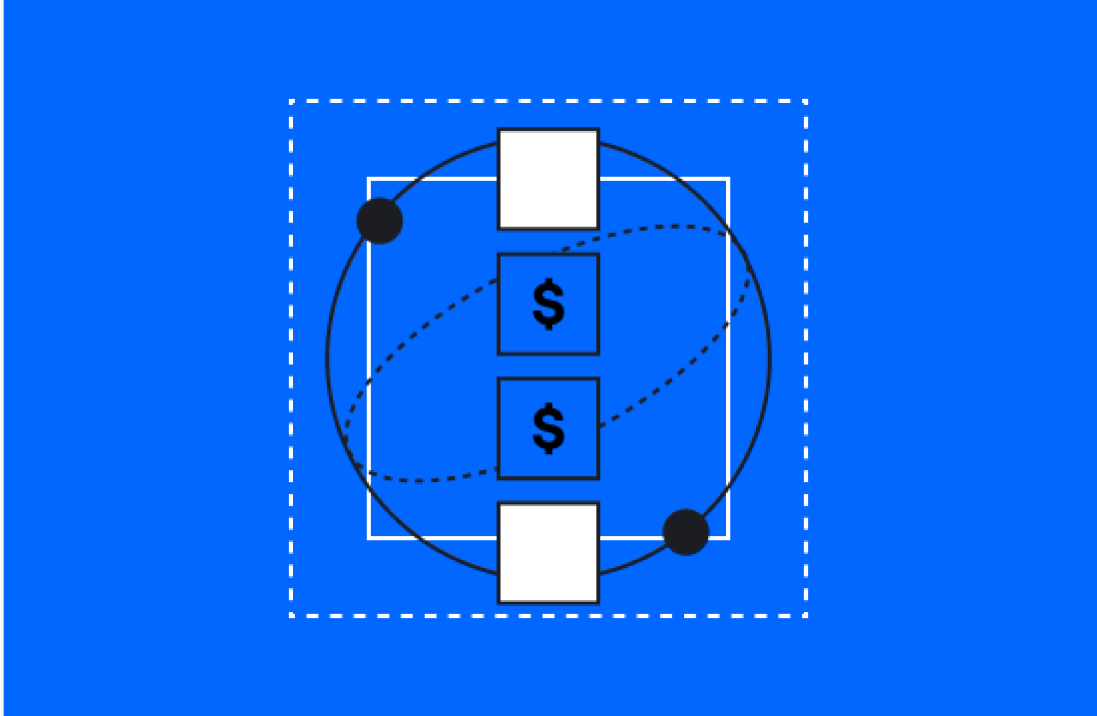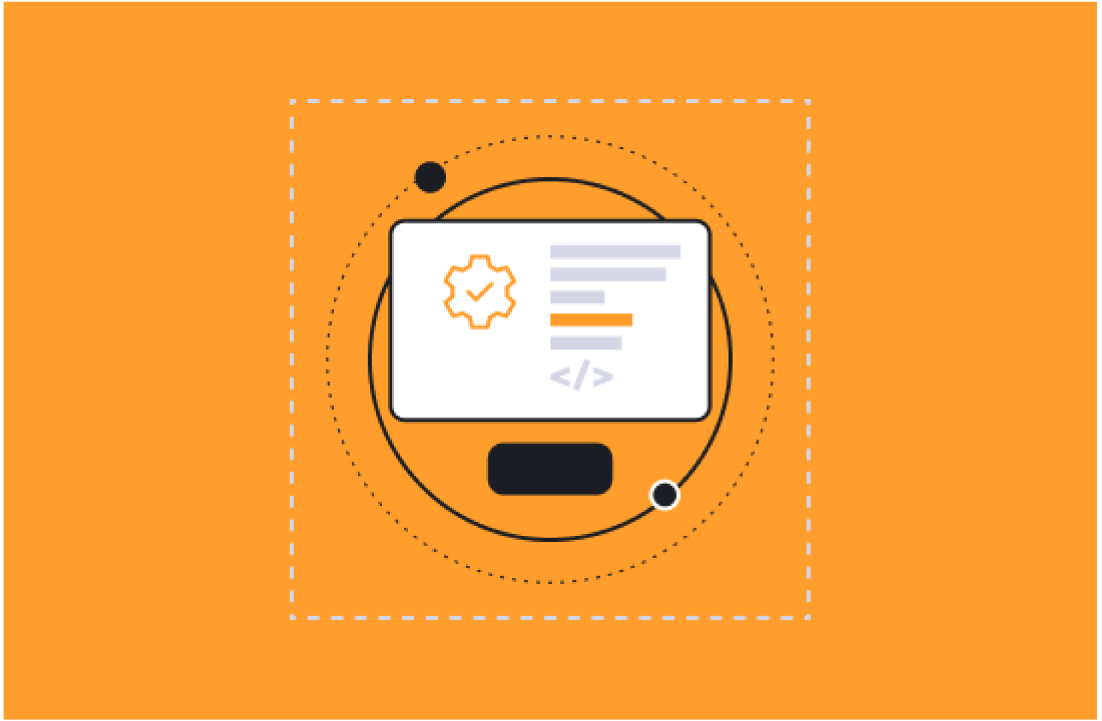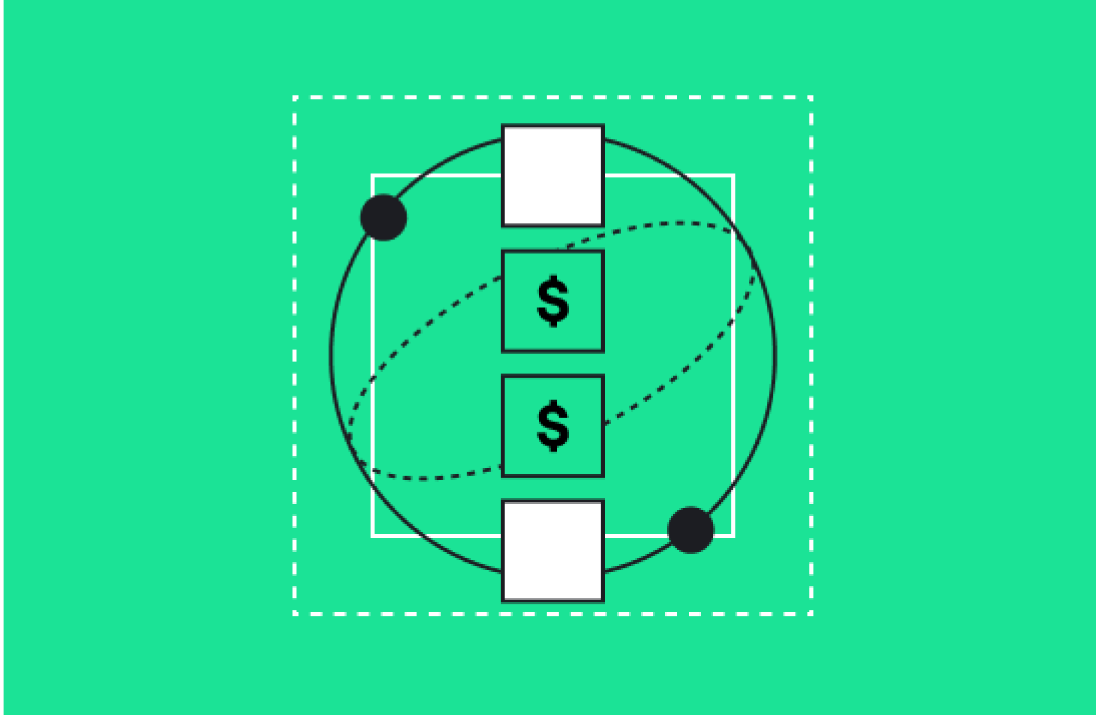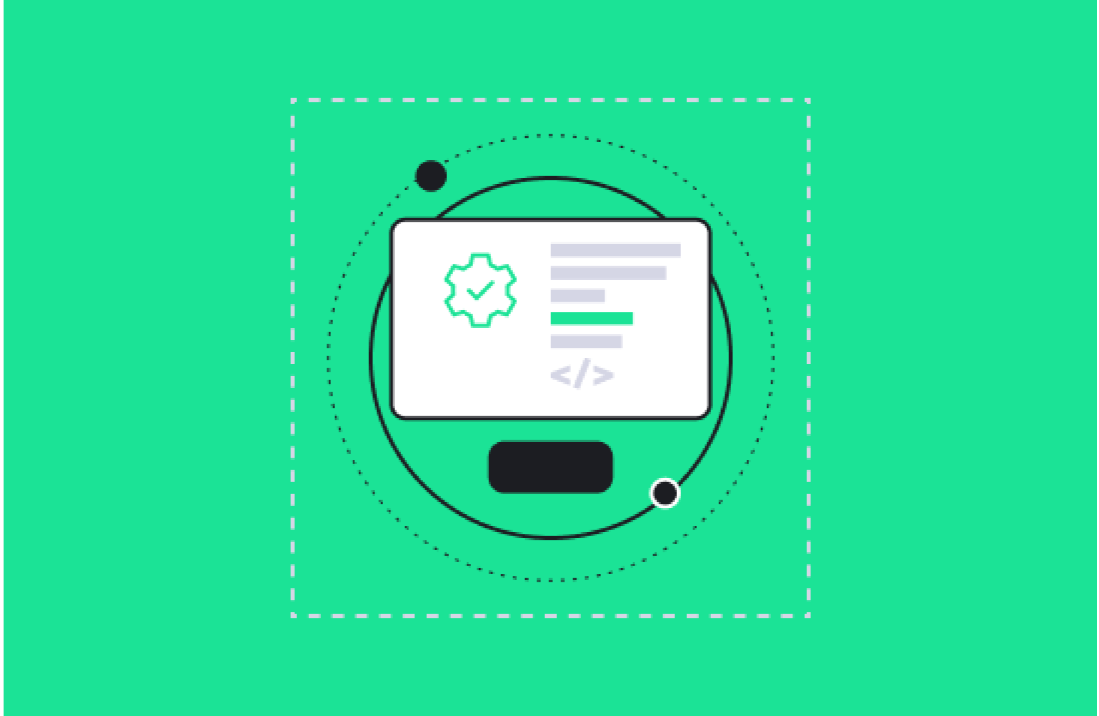HubSpot has released a powerful upgrade to its Custom Behavioral Events—now rebranded as Custom Events—unlocking deeper HubSpot custom events use cases for behavioral tracking. These updates give businesses new ways to capture customer actions across digital and offline channels, including websites, CRMs, and third-party tools. With broader availability across all enterprise Hubs and support for API, JavaScript, and CSV imports, HubSpot behavioral tracking has never been more flexible. Whether you’re tracking product engagement, offline touchpoints, or campaign actions, Custom Events help you create personalized experiences and smarter workflows, all while improving your visibility into the full customer journey.
What's New with Custom Events?
Previously known as Custom Behavioral Events, Custom Events have been reimagined to extend beyond just behavioral data. This evolution reflects HubSpot's commitment to providing a more versatile tool that can capture activity from virtually any source.
Whether it's behavioral data or otherwise, Custom Events are engineered to track it all, making them akin to Custom Objects but specifically for event data.
Expanded Availability Across Hubs
One of the most notable changes is the expansion of Custom Events across all enterprise-level Hubs - Marketing, Sales, CMS, Service, and Operations. This means that no matter which Hub you're using, you can now create Custom Events through various methods, including via API, Custom JavaScript, or Import.
However, it's worth noting that the codeless event creation via the Event Visualizer remains exclusive to the Marketing Hub.
Enhanced Event Creation Capabilities
The update introduces a more flexible framework for event creation, including:
- 500 unique event definitions per account, allowing for a broader scope of data capture.
- 30 million event completions per month, catering to businesses with high volumes of customer interactions.
- A new event definition API (currently in public beta), enabling users to manage Custom Event definitions without direct access to HubSpot.
Additionally, HubSpot now offers the ability to connect offline data with spreadsheet event import, bridging the gap between online and offline customer interactions.
What is so exciting about this change?
The introduction of more robust and flexible event creation tools means businesses can now ensure no customer touchpoint goes unnoticed. Custom Events serve as a critical tool for aggregating data from any corner of your tech stack, providing a comprehensive view of your business activities.
This holistic approach to data capture is crucial for businesses looking to understand and optimize the customer journey fully.
How Custom Events Work
Creating Custom Events is designed to be as inclusive and accessible as possible, with several key methods outlined by HubSpot:
- API Integration: Capture data from apps or tools within your tech stack using the Custom event definition endpoint, followed by the send Custom event endpoint.
- Custom JavaScript: Inject custom code into your HubSpot tracking script to capture website data without needing an API.
- Event Import: Upload spreadsheet data to capture offline activities or manually integrate tools with HubSpot, ensuring even non-digital interactions are tracked.
Practical Applications of Custom Events
Custom Events are not just a technical update; they're a strategic tool that can be leveraged in various ways:
- Enhanced Product Insights: Track product usage, such as logins and feature interactions, to understand customer engagement better.
- Website Interaction Tracking: Use Custom JavaScript or the Event Visualizer to monitor unique actions on your site, such as clicks or scrolls.
- Offline Activity Integration: Upload data from offline interactions or third-party vendors to ensure a complete activity record.
- Improved Analytics and Workflow Integration: Custom Events can trigger workflows, be included in journey reports, and provide detailed analytics, offering deeper insights into customer behavior and campaign effectiveness.
To read more about practical uses for Custom Events, check out our blog here.
Conclusion
HubSpot's Custom Events update represents a significant leap forward in how businesses can track, analyze, and act on customer data. By offering more flexibility in event creation and expanding the capability to capture a wide array of interactions, HubSpot is empowering businesses to create more personalized, effective, and data-driven customer experiences.
As we look forward to additional functionalities rolling out in the coming months, it's clear that Custom Events will play a pivotal role in shaping the future of customer relationship management.






